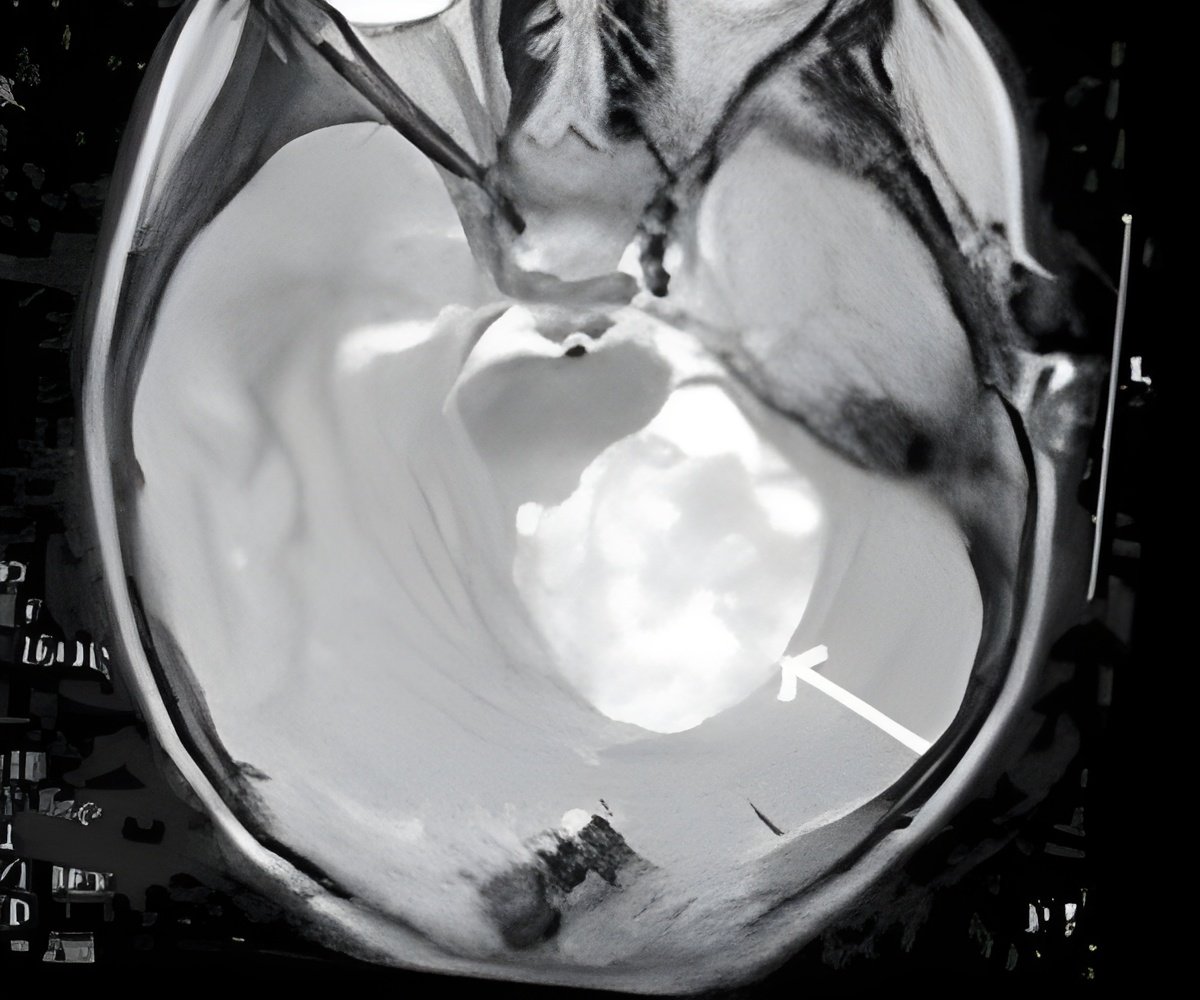Researchers at Sanford-Burnham Medical Institute (Sanford-Burnham) have developed a new experimental approach to treating a type of brain cancer called medulloblastoma.

"One tumor can have many different types of cells in it, and they can grow at different rates. By targeting fast-growing TPCs with cell-cycle inhibitors, we have developed a new route to assault medulloblastoma. In this study, we have shown that cell-cycle inhibitors essentially block medulloblastoma tumor progression by halting TPC expansion, and have opened the window to preventing cancer recurrence," said Wechsler-Reya.
For their research, the scientists tested the effectiveness of cell-cycle inhibitors in a specific type of brain cancer called Sonic Hedgehog (SHH)-associated medulloblastoma. These cancers have mutations in components of the SHH pathway that regulate cell growth during normal development. The mutations cause cell signaling to go awry, triggering the creation of cancer cells that grow uncontrollably and establish tumors. SHH-associated tumors account for 25 percent of all human cases of medulloblastoma, and the SHH pathway has been implicated in other tumor types such as lung, breast, prostate, and skin cancer.
"Our increased understanding of SHH-associated tumors has recently led to the development of drugs that specifically inhibit the SHH pathway. Early studies in humans with these new drugs have offered some hope for patients, but many do not respond and most patients who do respond develop resistance to the drug. For this reason, it is essential to develop alternative, or additional, therapies that are more effective than current treatment options," Wechsler-Reya said.
The team's first set of experiments used a mouse model for SHH-dependent medulloblastoma. In-vitro studies of mouse tumor cells showed that cell-cycle inhibitors caused tumor cell death. In vivo, mice that were treated with the inhibitor had smaller tumors that weighed less compared to mice that were not treated, essentially halting the progression of the tumor.
The second set of experiments used human SHH-dependent medulloblastoma cells. When the researchers treated these human tumor cells with cell-cycle inhibitors, they also observed a significant reduction in tumor growth and progression.
Advertisement
"These results strongly support an approach to treatment that combines SHH inhibitors with cell-cycle inhibitors to treat medulloblastoma. Our hope is that the combination of these inhibitors will prevent tumor progression and drug resistance, and improve the overall effectiveness of current treatment options. We look forward to clinical studies in human medulloblastoma patients as well as other cancers that are suitable for this approach," Wechsler-Reya said.
Advertisement













